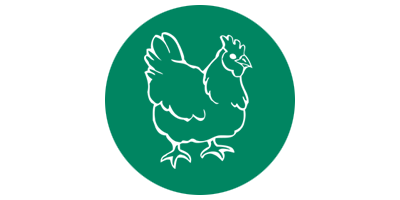Organic fertilizer
You can discover the process to make Redondo Izal's organic fertilizer in the following video, which highlights all the manufacturing phases of our product:
To obtain a good organic fertilizer, it is essential to follow the whole chain of activity
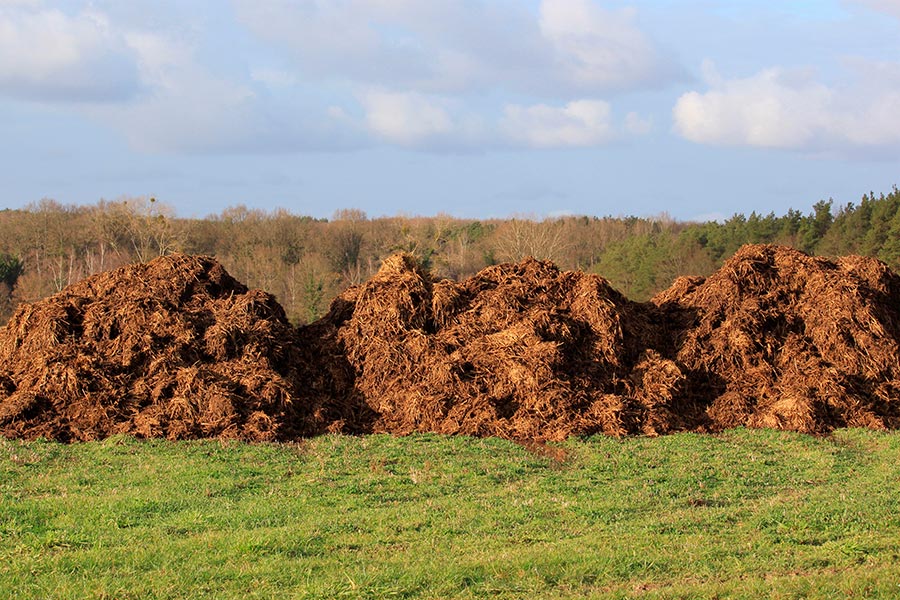
Biological and traditional
This describes our process to make organic fertilizer at Redondo Izal. It is important to know the development of composting because it will indicate the final quality of the product. It is also advisable to carefully analyse the different parameters that express the information about a compost to determine its quality.
The most important parameters at the start of the process are the variety of manures, the humidity, temperature, O2, and the C/N ratio.
Composting is a process of transforming animal manures or vegetable compost (only animal in the case of Redondo Izal) into another product, which serves as soil fertilizer. Physical and biological factors intervene in this process.
For approximately a year the manures decompose very slowly, producing new compounds of differing complexity that are assimilable by the plants or the crops.
The manufacture of compost is divided into the following main phases:
Traceability
One of the key factors for obtaining a good final product is monitoring the whole chain of activity. The different phases of the process are composed of several milestones, forming the following process traceability:
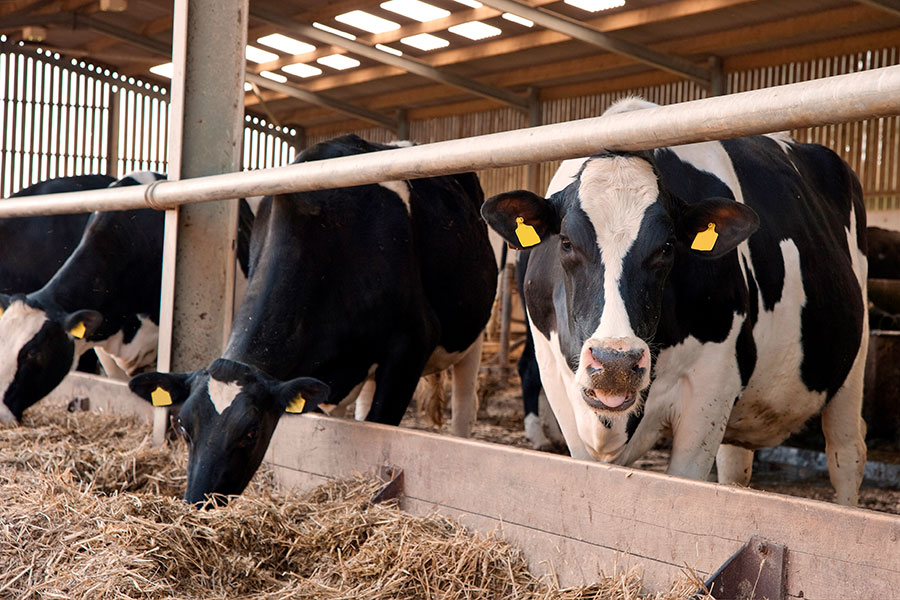
Cleaning of farms and provision of beds:
Redondo Izal works at the livestock facilities, providing the raw materials for bedding, extracting the manure when the farmer requires, and cleaning the facilities for their total sanitization.

Transportation to the plant:
Later the manure is transported to the plant using authorized trucks, where it is deposited and transformed by a process of natural composting.
Transformation:
Fermentation and maturation
This process can last from 7 to 10 months, depending on the weather, as it is totally traditional and transparent.
After collecting the organic matter at farms and poultry yards, it is unloaded at our facilities to shape the batch. Sheep, horse and/or poultry organic matter is added.
This is where the composting period begins, in which the humidity and temperature are controlled and the continuous turning over ensures the aeration and oxygenation of the product, providing unbeatable conditions. During this phase, continuous testing is performed to guarantee the homogeneous richness of the batch.
The lengthy composting period allows us to do without any industrial methods that accelerate or slow down the process and to achieve unrivalled NPK parameters and humic acids, with a percentage of organic matter always above 70%.
During composting, the organic matter surpasses 68º several times, ensuring total asepsis of germs and seeds in the final product. Once a compost is obtained with the desired texture, structure and richness, it is sent to the manufacturing line.
Manufacturing
In this process the organic matter is compressed producing pellets that will be packaged in three different ways.
The compost obtained is deposited in the external hopper and the process begins by passing to the assisted cyclone trommel and gas boiler, where it arrives with a moisture content of approximately 30%.
With the contribution of the boiler, the humidity is reduced up to 28% and the temperature is raised up to 70% in order to ensure the total absence of seeds and pathogens without damaging the organic matter.
From there, in the mill, the compost is reduced to dust to subsequently make the organic matter homogeneous in the mixer. After mixing, the organic matter is compressed to produce pellets.
The cooler lowers the temperature and gives the right texture to the product, which is then sent to be packaged for later distribution.
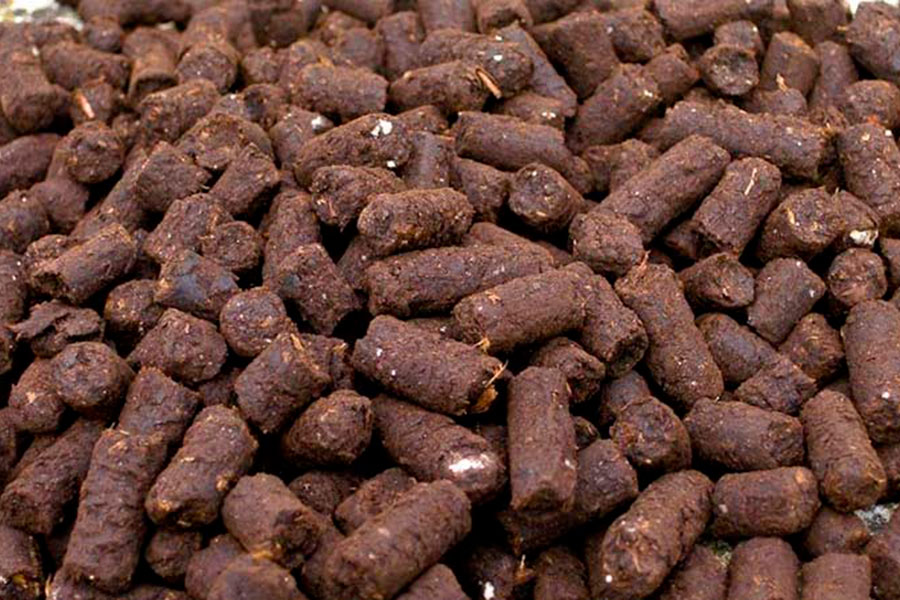
Pelletizing, bagging, and palletizing:
Once the transformation is complete, we proceed to pelletize, pack, label and send the product to customers across the national and international territory.
Due to the complexity of carrying out this traceability, there are very few plants in Spain and Europe that develop this activity and can obtain the final, natural, high quality product. This is another reason why Redondo Izal compost has several certificates that allow it to market for organic production.
The organic matter used:
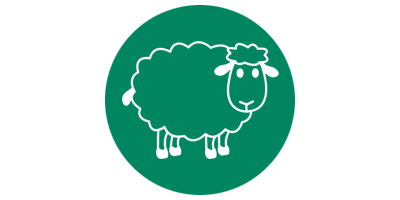
Sheep
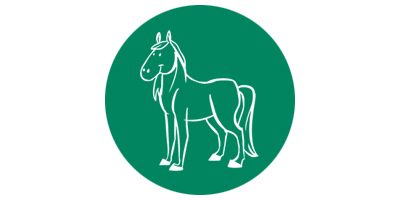
Horse
